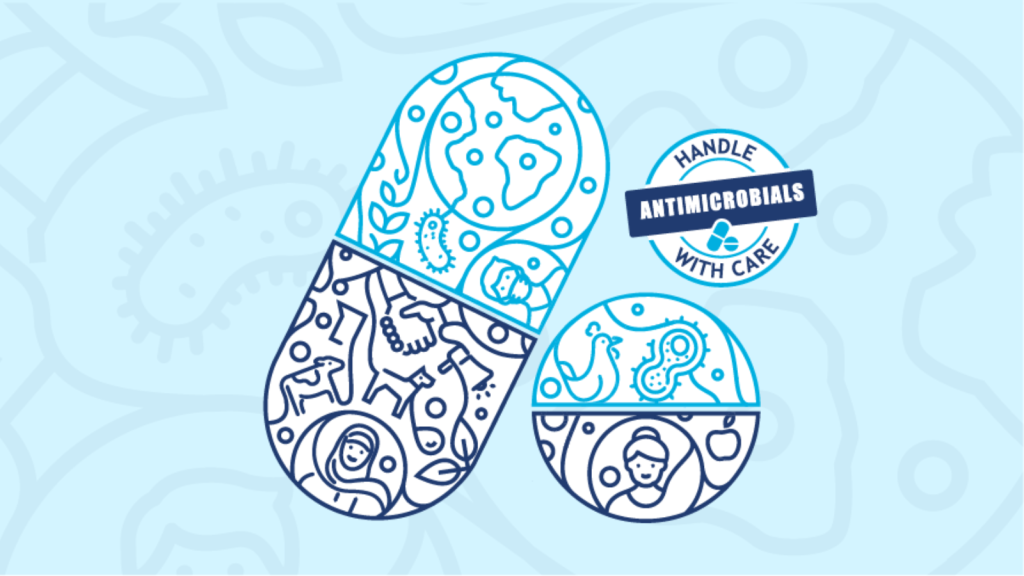
18 to 24 November is World Antimicrobial Awareness Week – a global campaign that every year provides an opportunity to improve awareness and understanding of the burden of antimicrobial resistance (AMR) worldwide.
With antimicrobial resistance on the rise, our ability to effectively treat infections is threatened. An increasing range of bacteria, fungi and other microorganisms have become resistant to available treatments: this means that antibiotics that have been traditionally used for the treatment of infections, and are still recommended by policy-setting bodies, have become less effective.
The growing levels of AMR are especially concerning in children, namely newborns and premature babies, who are particularly vulnerable to exposure with multidrug-resistant bacteria typical of the hospital environment. Neonatologists and nurses across the world have been sounding the alarm about the problem of resistant bacteria in the neonatal intensive care units.
This worrying lack of effective treatment options for paediatric infection and sepsis can lead to long-term health consequences, even if the child survives.

For this reason, tackling severe bacterial infections and antimicrobial resistance has become one of Penta’s priorities. Over the years, Penta has been involved in several European and global initiatives aimed at better characterizing the use of antimicrobials among children and neonates, as well as the scale of resistance in this population and investigating optimal treatment regimens for common neonatal infections.
For example, with PediCAP, which is a project aimed at optimising antibiotic treatment for childhood pneumonia in low middle-income countries, high consideration is given to minimising the risk of AMR. In the video below, Hilda Mujuru, Associate Professor in the Department of Paediatrics and Child Health at the University of Zimbabwe College of Health Sciences, explains how the PediCAP project could improve the current treatment guidelines for severe paediatric pneumonia.
Moreover, through a dedicated Working Group, Penta has positioned itself at the forefront of the AMR response. By determining the best prevention and treatment strategies for severe bacterial infections in the hospital setting, the working group aims to define what is the optimal drug, dose, duration, and formulation to maximise clinical efficacy, while minimising toxicity and AMR.

All in all, in order to tackle the global threat of antimicrobial resistance, we need a concerted and collaborative effort to ensure the delivery of new and improved treatment and prevention options for severe paediatric infections. The Penta ID Network is ready to play its part and ensure that children lead better, healthier and happier lives.